10 Essential Tips for Healthy Living

In today’s modern world, achieving and maintaining a healthy lifestyle has become increasingly important. With the abundance of information available, it can sometimes be overwhelming to know where to start. To help you navigate the journey to better health, here are 10 essential tips for healthy living that incorporate specific and functional foods. 1. Diversify Your plate with colorful vegetables: Fill your plate with a variety of colorful vegetables, such as nutrient-rich kale. This leafy green, like the one found in SaladStop!’s Harvest bowl, is packed with essential vitamins and minerals. 2. Incorporate protein-rich foods: Protein is crucial for muscle repair, immune function, and satiety. Include sources of lean protein in your meals, such as grilled chicken breast, tofu, lentils, or beans. These options are not only rich in protein but also provide other important nutrients like iron and fiber. 3. Choose whole grains: Swap refined grains for whole grains to increase fiber intake and promote digestive health. Opt for whole grain options like quinoa, brown rice, oats, or barley, which provide sustained energy and help regulate blood sugar levels. 4. Embrace healthy fats: Don’t shy away from fats, but focus on incorporating healthy sources such as avocado, nuts, seeds, and olive oil. These fats are rich in omega-3 fatty acids and monounsaturated fats, which support heart health and brain function. 5. Include functional foods: Integrate functional foods into your diet, which offer specific health benefits beyond basic nutrition. For example, adding flaxseeds to your salad provides a boost of omega-3s and fiber, while also supporting heart health and digestion. 6. Prioritize leafy greens: Leafy greens like kale, spinach, and Swiss chard are nutritional powerhouses packed with vitamins, minerals, and antioxidants. Incorporate them into your salads as a base or mix them into smoothies for a nutrient boost. 7. Don’t forget about berries: Berries such as strawberries, blueberries, and raspberries are not only delicious but also incredibly nutritious. They’re rich in antioxidants, fiber, and vitamins, making them a perfect addition to salads or snacks. 8. Add crunch with nuts and seeds: Sprinkle nuts and seeds like almonds, pumpkin seeds, or sunflower seeds onto your salads for added texture and nutrition. These crunchy toppings provide healthy fats, protein, and essential minerals like magnesium and zinc. 9. Keep hydrated with herbal teas: Stay hydrated throughout the day by incorporating herbal teas into your routine. Herbal teas like chamomile, peppermint, or ginger are not only hydrating but also offer various health benefits, such as aiding digestion and reducing inflammation. 10. Practice mindful eating: Take the time to savor and enjoy your meals, paying attention to hunger and fullness cues. Eating mindfully can help prevent overeating, improve digestion, and enhance overall satisfaction with your meals. Incorporating these 10 essential tips into your daily life can help you build a foundation for optimal health and well-being. By focusing on specific, functional foods and making conscious choices to nourish your body, you can embark on a journey towards a healthier and happier you. Remember, small changes can lead to significant improvements over time, so start today and reap the benefits of a balanced and nutritious diet.
Exploring the Nutritional Benefits of SaladStop!’s BBQ Pulled Shiitake
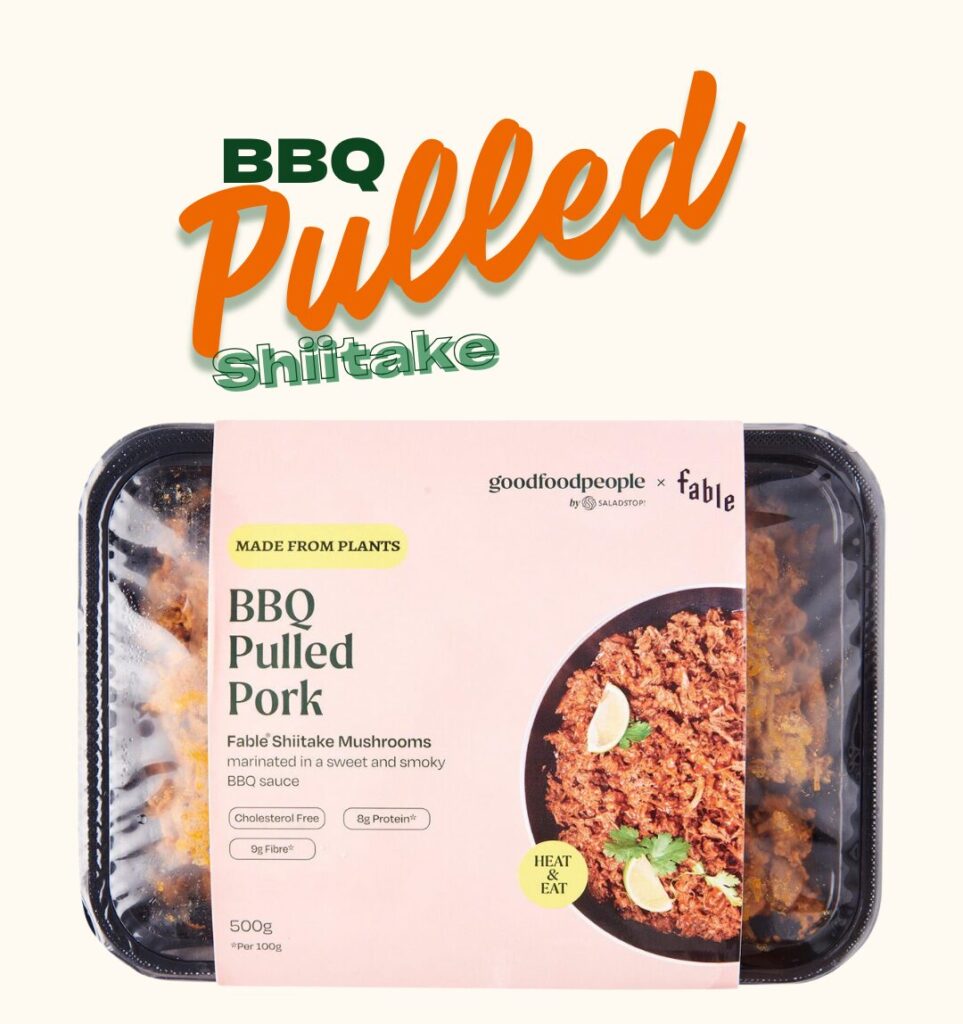
SaladStop! introduces a culinary marvel with its BBQ Pulled Shiitake, a dish that combines mouthwatering flavors with a wholesome nutritional profile. With each serving containing 5g of protein per serving of 60g, this plant-based option is designed to delight taste buds while nourishing the body. The foundation of the BBQ Pulled Shiitake is Fable, a brand known for its innovative use of mushrooms. This ingredient not only provides a meaty texture but also contributes a significant portion of the dish’s protein content. Coupled with pomace olive oil, the dish gains a dose of heart-healthy fats and antioxidants, enhancing its nutritional value. To infuse the BBQ Pulled Shiitake with its signature taste, SaladStop! incorporates HP Sauce and smoked BBQ sauce. These sauces add layers of flavor without compromising on health, ensuring a satisfying dining experience. Additionally, the inclusion of black pepper not only enhances taste but also offers potential health benefits, including improved digestion and antioxidant support. SaladStop!’s BBQ Pulled Shiitake epitomizes the brand’s commitment to providing nutritious and delightful options for its clientele. With its protein-rich base, beneficial fats, and flavorful sauces, this dish represents a harmonious marriage of taste and nourishment. Whether you’re a devoted vegan, a health-conscious eater, or simply seeking a gratifying meal, the BBQ Pulled Shiitake assures an culinary experience that caters to both body and spirit.
Nutrition 101 for Athletes and Fitness Enthusiasts Going Vegan

Whether you’re a dedicated gym-goer, a weekend warrior, or simply someone who loves staying active, you know that what you eat plays a massive role in how you perform. Traditionally, athlete diets have been all about meat, eggs, and protein shakes, but there’s a new player on the scene – veganism. Veganism has gone from a niche choice to a popular lifestyle embraced by folks worldwide. It’s got fantastic benefits for the planet and animal welfare, but what about its impact on your athletic and exercise prowess? Can you still crush your fitness goals while going vegan? Absolutely, but it takes a bit of know-how and some commitment. In this blog post, we’re diving into the world of vegan diets, offering practical tips for athletes and fitness enthusiasts looking to thrive on a plant-based plan. Whether you’re a seasoned vegan athlete or just thinking about giving it a try, we’ve got your back. We’ll show you the ropes when it comes to vital nutrients, meal planning made easy, and tips to boost your performance while staying true to your eco-friendly and compassionate values. Let’s address the elephant in the room: Can you get enough protein from plants? First, why is protein so important for athletes? Well, it’s like the building blocks for your muscles and helps your body adapt to exercise. There is something called Net Protein Balance (NPB). This is the balance between building and breaking down muscle protein. To get the best results, you want a positive NPB, which means you’re building more muscle than you’re breaking down. This is crucial for recovery, adaptation (getting better at your sport), and muscle growth. Now, here’s the twist for vegan athletes: they often end up eating less protein than people who eat animal products. So, if you’re a plant-based athlete, you’ve got to pay extra attention to the quantity and quality of your protein intake. Plant-based protein sources are a bit different. They might not have all the essential amino acids (the important building blocks) you need, and they often have fewer Branched Chain Amino Acids (BCAA) compared to animal-based proteins. So, it’s essential to mix and match your plant-based protein sources to make sure you’re getting all the good stuff your body needs to perform at its best! It’s pretty much agreed upon that athletes need more protein than the average person. If you’re into strength and power sports, you should aim for about 1.6 to 1.7 grams of protein per kilogram of your body weight per day. If you’re more of an endurance athlete, think 1.2 to 1.4 grams per kilogram. These numbers are quite a bit higher than the typical recommendation of 0.8 grams per kilogram for the average person. But this might not be all, keep reading… Plant-Based Protein Digestibility When it comes to plant-based protein, it seems our bodies don’t absorb it as well as animal-based protein. So, if you’re following a vegan diet, you might need to make some adjustments. There are these fancy scores called the Protein Digestibility Corrected Amino Acid Score (PDCAAS) and Digestible Indispensable Amino Acid Score (DIAAS) that tell us how good a protein source is based on how well we digest it. It turns out that plant-based sources don’t score as high as animal products in this regard. Because of this, some experts think that vegetarians, who might still eat things like eggs and dairy along with plant-based foods, might need to eat more protein than people who eat meat to make up for the lower digestibility of plant proteins. If this is you, aim for around 1.0 gram of protein per kilogram of your body weight per day. Now, if you are a vegan athlete who doesn’t eat any animal products at all, it’s probably a good idea to aim for the higher end of the protein recommendations, somewhere between 1.4 to 2.0 grams of protein per kilogram of your body weight per day, especially if you’re trying to maintain or gain energy. Many people often underestimate the protein content in various foods, including plant-based options, but it’s entirely possible to meet your protein goals through a well-balanced diet that includes a variety of protein-rich sources such as legumes, tofu, tempeh, nuts, and seeds. Don’t be surprised by how easily you can incorporate protein into your diet, even if you choose plant-based alternatives! Achieving your protein goals with plant-based sources is not only feasible but also delicious and diverse. Plant-based proteins are not only beneficial for your muscles but also for your overall health and the environment. Embracing a diet rich in plant-based proteins not only supports your weight loss and muscle maintenance goals but also aligns with sustainable and ethical food choices. Here’s an example of high protein recipe: Vegan Mexi-Mac Delight – Good Food People Omega-3, the Anti-Inflammatory King Vegan diets tend to be lower in total and unhealthy saturated fats. This seems to be linked with lower risks of heart disease, high blood pressure, type II diabetes, high cholesterol, and even some types of cancer. Now, when it comes to fat intake, there’s something interesting going on with hormones and athletic performance that scientists are still studying. But here’s the thing, because vegans don’t eat fish or seafood, they end up having fewer omega-3 fatty acids in their diet. These omega-3 fatty acids are super important for things like heart health, fighting inflammation, and even helping with exercise-induced breathing problems (like asthma) and your immune system. For athletes, omega-3 fats might also help produce nitric oxide (good for blood flow) and improve heart rate variability (good for overall health). There’s a type of omega-3 fat called alpha-linolenic acid (ALA), which your body can turn into other important omega-3 fats, but not very efficiently. Only about 8% of ALA becomes EPA, and even less becomes DHA. The best source of DHA is usually cold-water fish and seafood, but vegans don’t eat those. So, some vegans and vegetarians take microalgae oil supplements because they’re rich in DHA (and EPA, another important
Avocados: The “It” Fruit of the 2010s
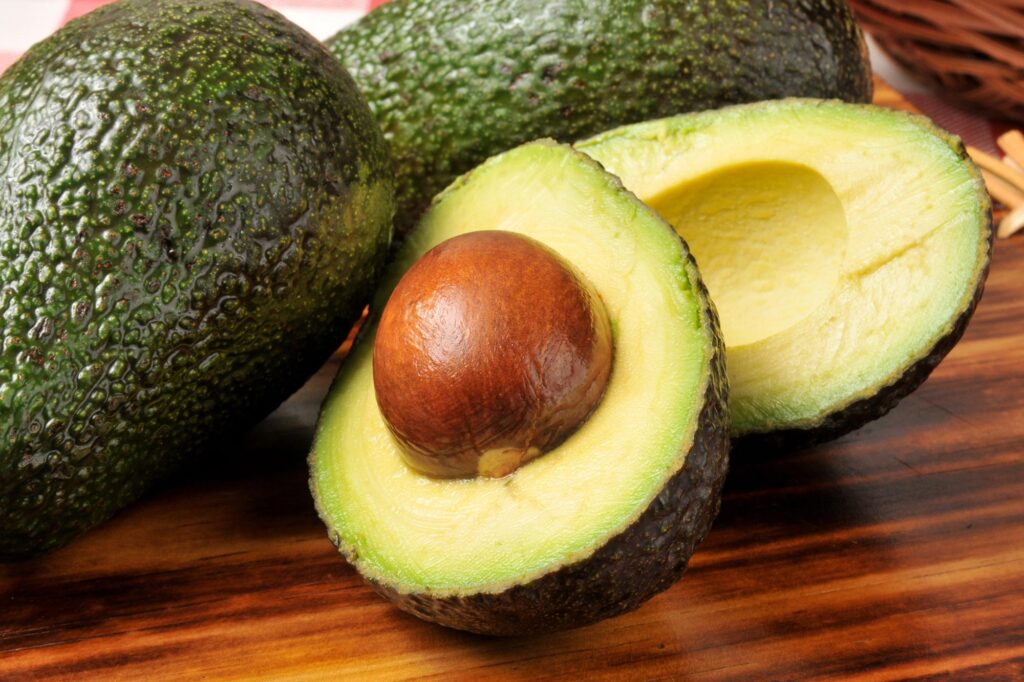
This fruit is great in everything from salad to sandwiches, proving that you can never have enough of a “good” fat.
Are Mushrooms the Next Superfood?
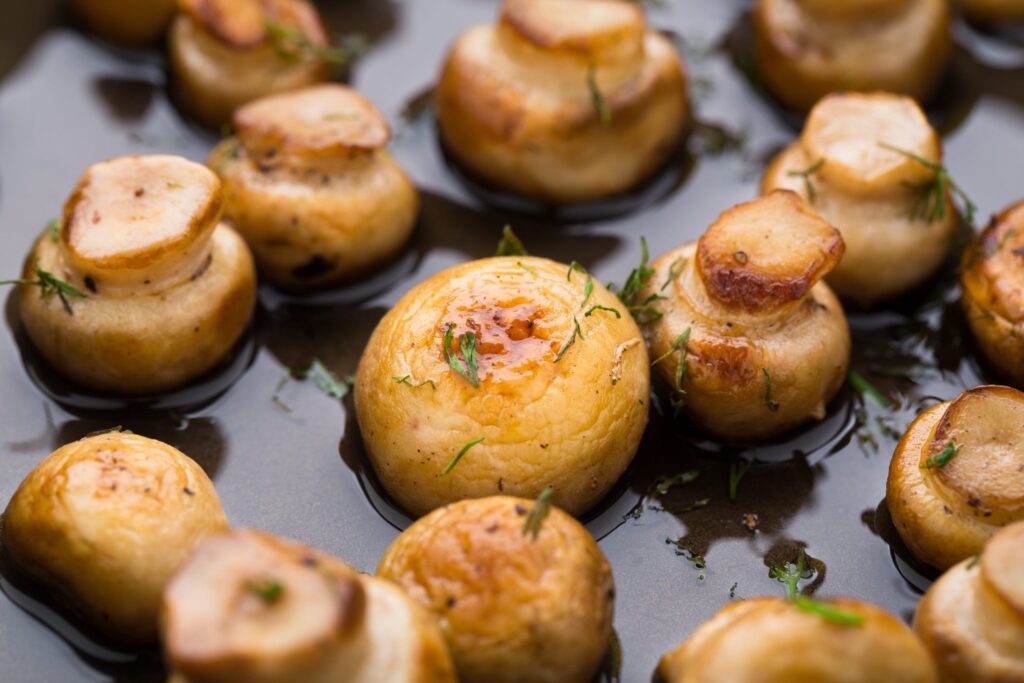
Some mushrooms may lack the beauty and colour of nutrient-rich foods, but they are still versatile and full of nutrients.
Eat Your Way to Good Luck in the New Year

Chinese New Year dinners are designed around dishes and snacks that bring good fortune. Here are 10 of them and their symbolic meanings.
Starting a New Diet? Try Going Plant-Based
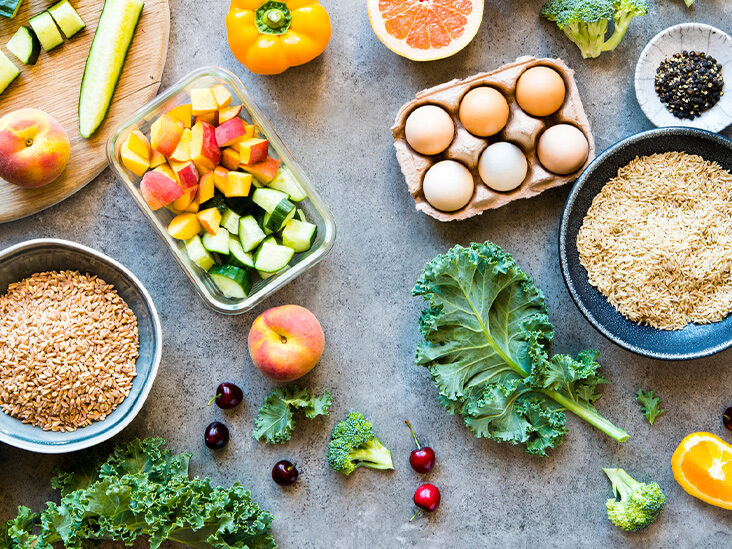
With the increasing popularity of plant-based diets, maybe you’re thinking of trying one too! Let’s look at some information you need to get started on your plant-based journey.
More About Minerals: Calcium
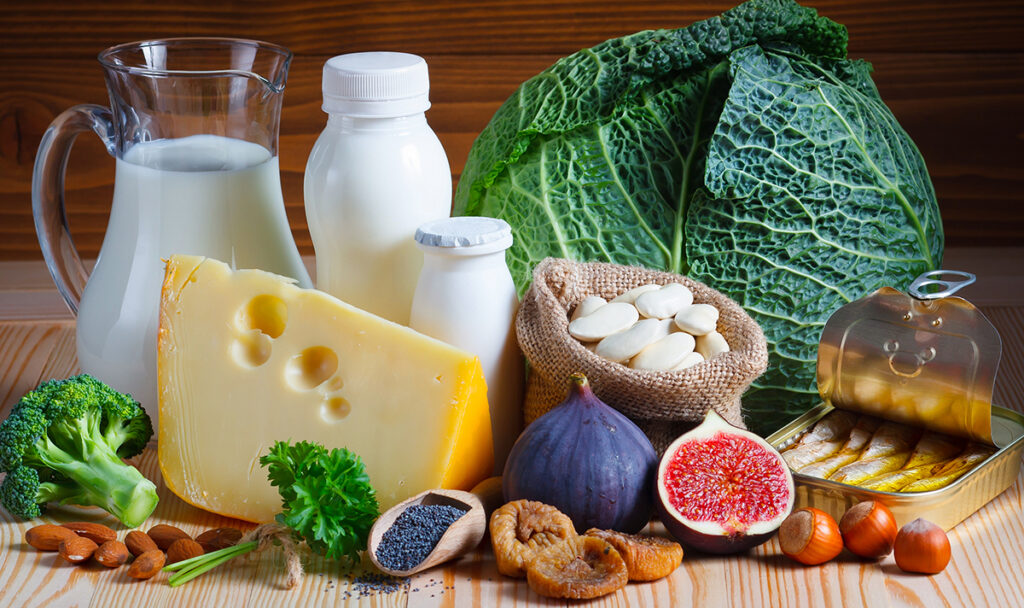
When we think about calcium-rich foods, cheese, milk and other dairy products come to mind. But there are many other sources of calcium out there! Today, we’ll be exploring the benefits of a plant-based calcium-rich diet.
More About Macronutrients: Protein
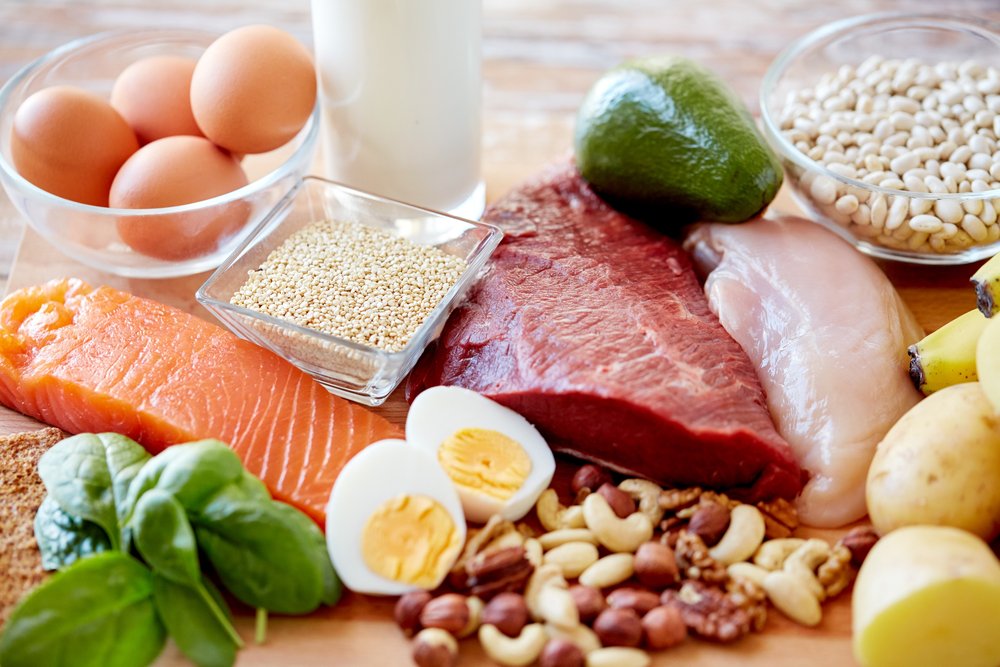
We always hear that eating more protein-rich foods like fish and eggs is good for you, but what are the specific benefits of maintaining a steady protein intake? Let’s find out.
The Truth Behind “All-Natural” Beauty Products

Can we trust the labels companies put on beauty products like “natural’, “green” or “organic”? Here’s why you shouldn’t be swayed by these labels.
